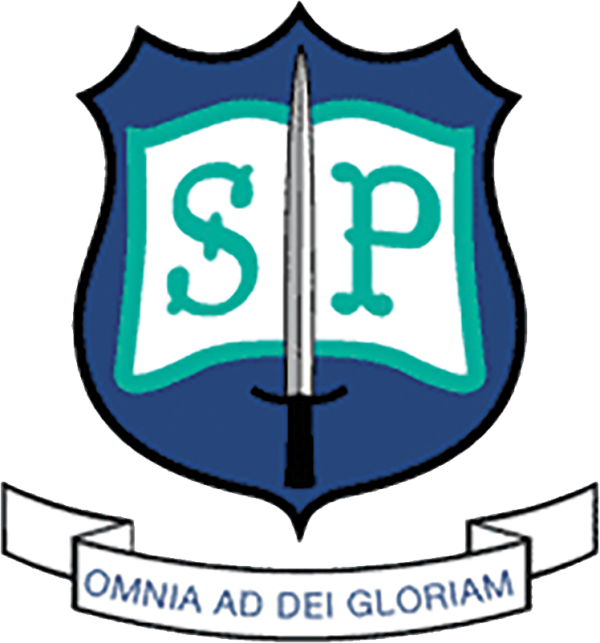- Home
- About Us
-
Key Information
- Attendance
- Curriculum
- Enrichment
- Equalities and Diversity
- Healthy Eating
- Mental Health and Wellbeing
- Ofsted Report 2024
- Performing Arts
- Policies
- Safeguarding
- SEND
- Statutory Reports and Our Results
- St Paul's Online Art Gallery
- Privacy Notice
- Weekly Noticeboard
-
News & Events
- Calendar
- Library Visit Photos
- Newsletters
- Sierra Leone
- St Paul's Choir- DCAT Christmas Competition Winners
- St Paul's Presents 100Years of Television
- St Paul's CE Academy Choir
- Sports at St Paul's
- St Paul's Choir- Young Voices- 02
- Reception Reading Garden
- Year 6 PGL October 2023 Photos
- Year 5 - Hastings Museum/Lego Workshop
- Reception - Litter picking
- Year 6 Port Lympne
- Year 5/6 Football
- Year 6 Prom - Photo Booth
- Parents
- Children
- Nursery
- Contact Us


